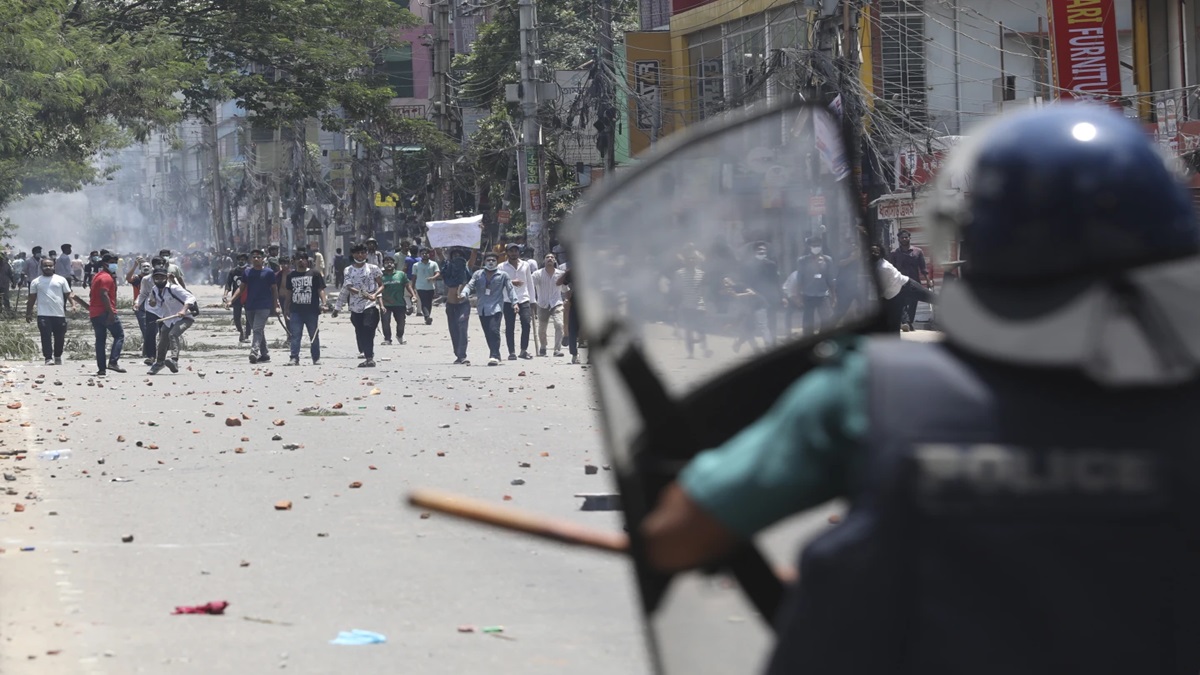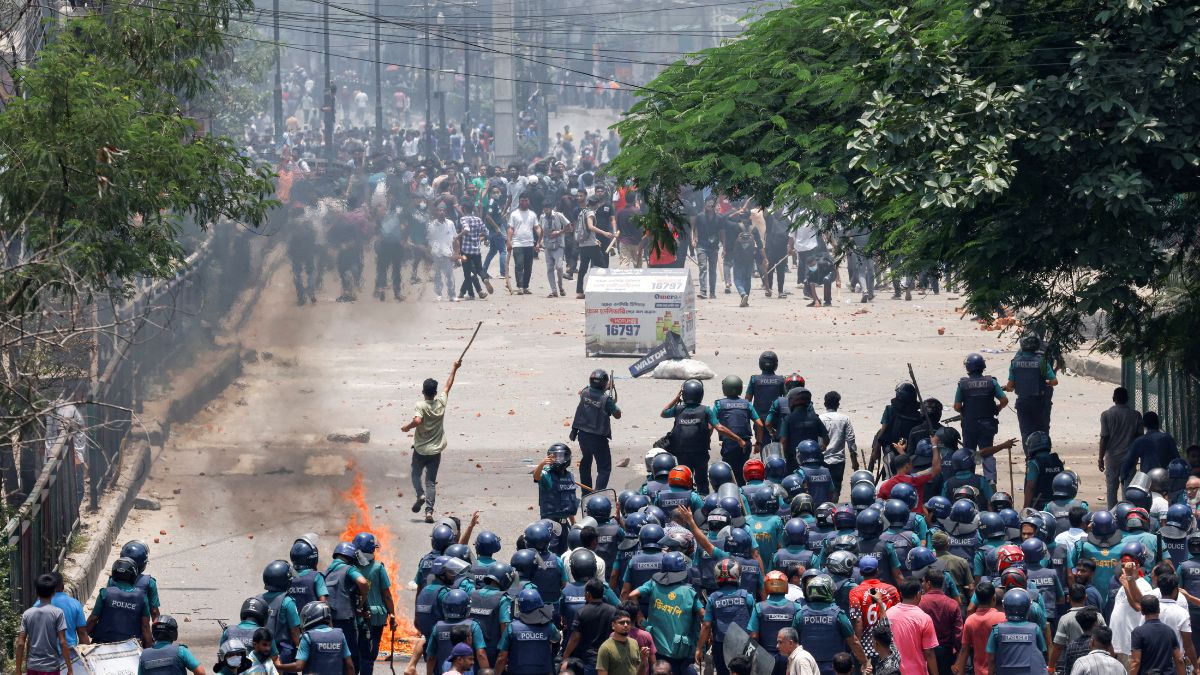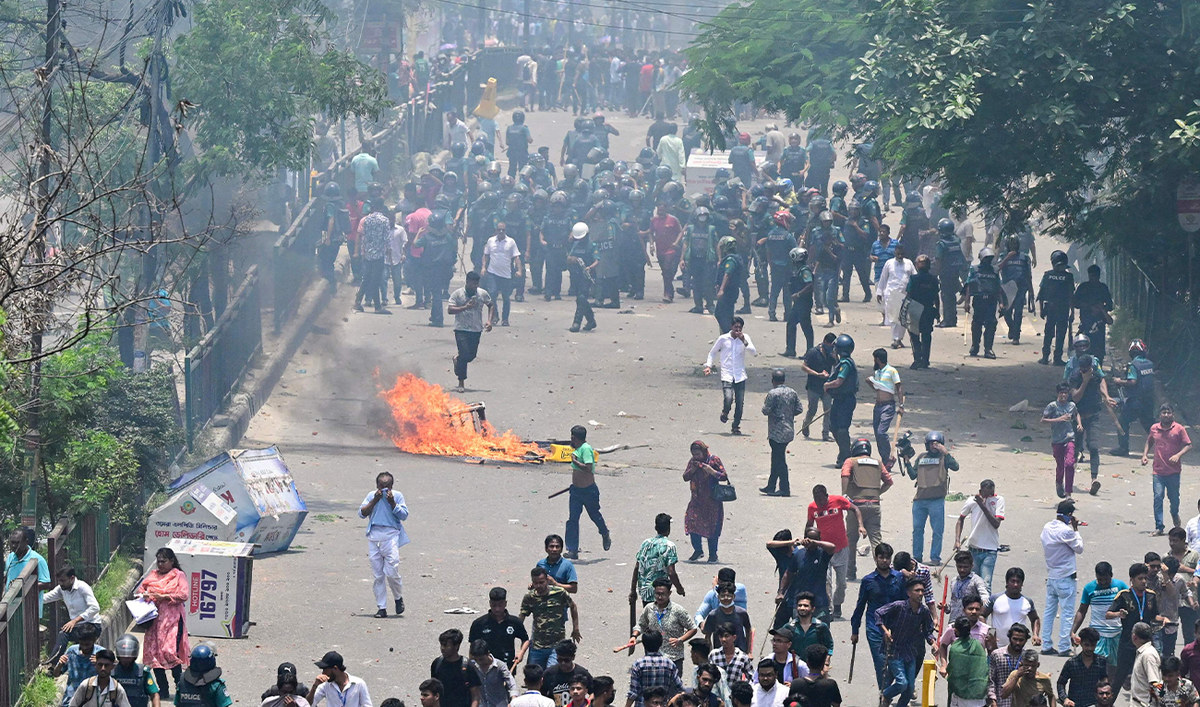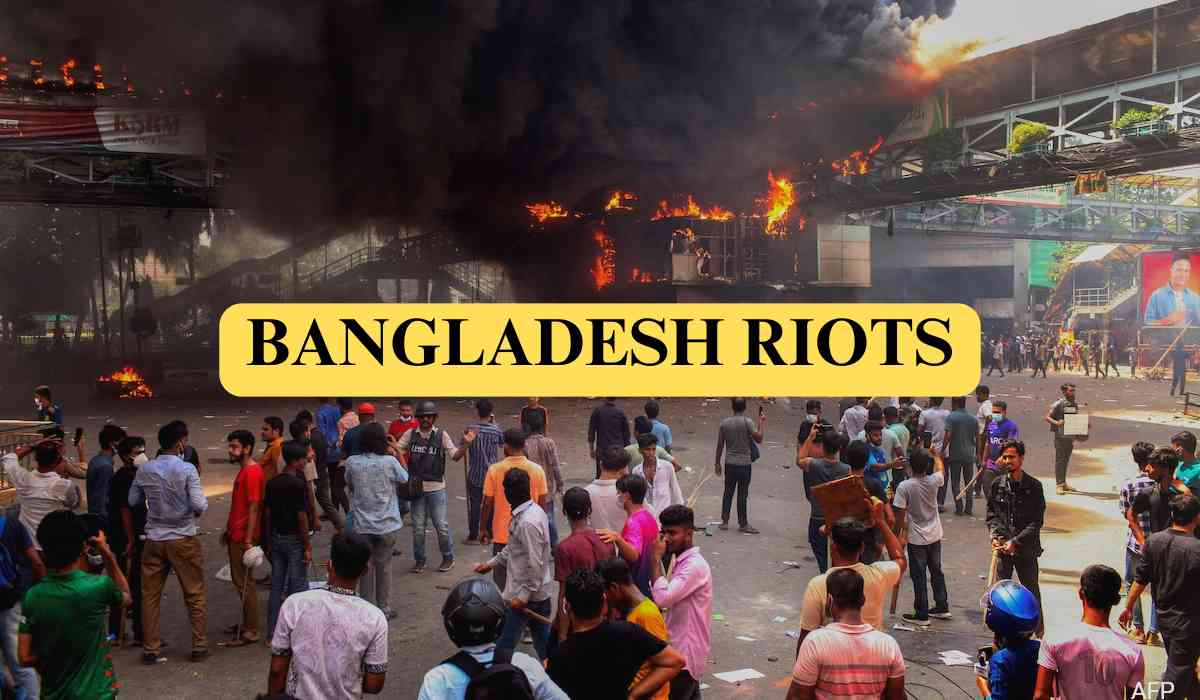Bangladesh has recently restored its mobile internet services after an 11-day nationwide blackout, a consequence of intense protests against the government's job quota system. This article provides a comprehensive overview of the events leading up to the restoration of services, the ongoing restrictions, and the broader implications of the unrest.

Restoration of Mobile Internet Services
- Resumption of 4G Connectivity
On Sunday, mobile internet services were reinstated, marking the end of a significant blackout that lasted over a week. Zunaid Ahmed Palak, the state minister for telecommunications and information communication technology, announced the restoration of 4G mobile internet connectivity. This decision came after a series of meetings with internet service providers and other key stakeholders in Dhaka, the capital of Bangladesh. The resumption of 4G services began at 3 pm local time.
- Restrictions on Social Media Platforms
Despite the restoration of mobile internet, access to popular social media platforms remains restricted. Services such as WhatsApp, Facebook, TikTok, and YouTube continue to be blocked. This restriction highlights the government's effort to control the flow of information amidst ongoing tensions. Although broadband internet was restored on July 23, the majority of Bangladeshi internet users rely on mobile devices for connectivity, making the restoration of mobile internet crucial.

Background of the Protests
- Causes and Scope of the Protests
The recent protests were sparked by widespread discontent over the government’s job quota system. This system reserved 30% of government jobs for descendants of veterans who fought in the 1971 war of independence against Pakistan. Tens of thousands of students took to the streets demanding reforms. The protests grew in intensity and scale, becoming one of the most significant upheavals during Prime Minister Sheikh Hasina's 15-year tenure.
- Government Response and Violence
The demonstrations, initially peaceful, faced violent crackdowns from police and pro-government student groups. The government's response included suspending mobile internet services on July 17 and imposing a curfew to manage the unrest. According to Bangladesh Home Minister Asaduzzaman Khan, the violence resulted in at least 147 deaths, though other sources, including the protester group Students Against Discrimination, have reported higher figures, with an estimated 266 deaths.
- Casualties and Government Actions
Home Minister Khan indicated that the casualties included students, police, activists, and other individuals. The government has maintained that police actions were restrained, aimed at protecting government buildings, and that some protesters were detained for their safety. Independent sources, however, suggest the death toll may exceed 200.

Legal and Political Developments
- Supreme Court Ruling on Job Quotas
In response to the escalating protests, the Bangladesh Supreme Court made a significant ruling by reducing the job quota for veterans' descendants from 30% to 5%. Additionally, quotas for ethnic minorities, transgender individuals, and disabled people were limited to 2%. Despite this reduction, the court's decision did not fully meet the protesters’ demands for the complete abolition of the quotas.
- Ongoing Measures and Institutional Closures
Despite the reduction in quotas, army patrols and a nationwide curfew remain in effect. Educational institutions, including schools, continue to be closed as the government attempts to manage the ongoing unrest. The protests have led to a substantial police crackdown, with many demonstrators and student leaders being detained. The Students Against Discrimination group has announced the end of their protest hiatus but has warned that further demonstrations will resume if their leaders are not released.
The recent restoration of mobile internet services in Bangladesh represents a critical step toward normalcy amid a turbulent period. The government's response to the protests and the judicial changes to the job quota system highlight the complexities of addressing public dissent while maintaining order. As the situation continues to evolve, the impacts on Bangladeshi society and its governance will likely be significant and enduring.
With inputs from agencies
Image Source: Multiple agencies
© Copyright 2024. All Rights Reserved Powered by Vygr Media.
























